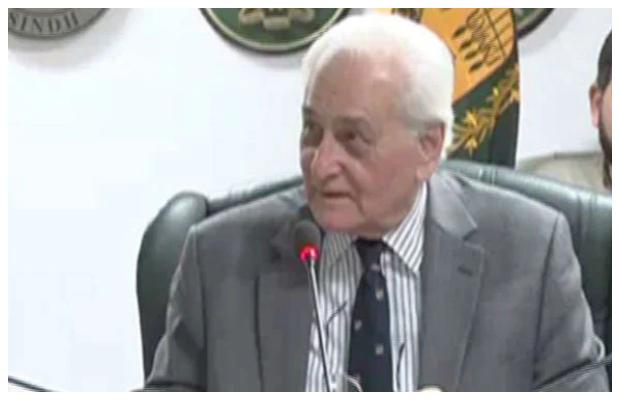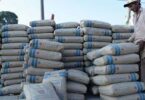F.P. Report
PESHAWAR: Caretaker Chief Minister Khyber Pakhtunkhwa Muhammad Azam Khan has termed the prevailing situation of drug use in Pakistan and specially in Khyber Pakhtunkhwa as of grave concern and said that it is the collective responsibility of all segments of society as well as the government; and stressed the need of coordinated and concerted efforts by the government agencies and welfare organizations under a well devised strategy so that the menace of drugs use could be eradicated on sustainable basis.
While lauding the role of Dost Welfare Foundation in this regard, Muhammad Azam Khan said that the foundation had been working for the last 30 years for the rehabilitation of drug addicts in the province and make them useful citizens which deserves appreciation.
He expressed these views while addressing a function organized here on Saturday in connection with the 30 years celebration of Dost Welfare Foundation. Azam Khan remarked that during these 30 years of its establishment, the Foundation has extended various kinds of services and facilities to more than 400,000 drugs affectees for which the management of the Foundation deserves huge felicitation. He expressed the hope that the foundation will continue its selfless services for humanity in future as well.
“The 30 years long journey of Dost Welfare Foundation is full of remarkable achievements which has been aided and supported by its companions and friends who have so generously contributed all their time and efforts in reaching out to the most vulnerable segments in our society to heal and restore their self-respect”, the Chief Minister said and added that Dost’s services particularly in Khyber Pakhtunkhwa, former FATA and parts of Afghanistan, which were veritable war zones for the past 40 years, include victims of war such as refugees, displaced persons, women and children in crisis and community members caught in the crossfire.
Azam Khan stated that Pakistan in general and Khyber Pakhtunkhwa in particular are in the grip of massive drug addiction which is effecting the younger generation adversely; and added that according to the UNODC, 11 present population of Khyber Pakhtunkhwa is using hardcore drugs, which is almost double figure of other provinces.
“With a professional and dedicated term, Dost Welfare Foundation provides a continuum of care through its program for drug abuse prevention, rehabilitation, vocational skill training, HIV prevention, human rights protection, legal assistance, research and networking with government departments and civil society organizations”, the Chief Minister maintained and continued that the foundation is working in areas where normally government agencies do not reach. He stressed that such work can best be undertaken by non-governmental organizations with government support through public-private partnership.
Azam Khan further said that besides the treatment and rehabilitation of drug users, Dost Foundation also reaches out to the most vulnerable and marginalized groups of society such as people at risk of or infected by HIV/AIDs, prisons inmates, juvenile offenders, street children, women in crisis, victims of war and disaster and added that it also reaches out to these unfortunate miserable and stigmatized individuals living in difficult conditions through a process of awareness, primary prevention, rehabilitation and social development. He termed children as future of nation and said that Dost Foundation pays special attention to their welfare and rehabilitation through its child protection partnership and network.
Addressing the function, Managing Director, Dost Welfare Foundation Mrs. Munawar Hamyun, Behram Azam Khan, Aizaz Khan and other speakers highlighted the 30 years journey and achievements of Dost Foundation. On this occasion children of Dost Welfare Foundation presented a tableau and highlighted the negative effects of drug use. Besides, President Dost Welfare Foundation, Parveen Azam Khan, the function was attended by people from civil society and donors in large numbers.







